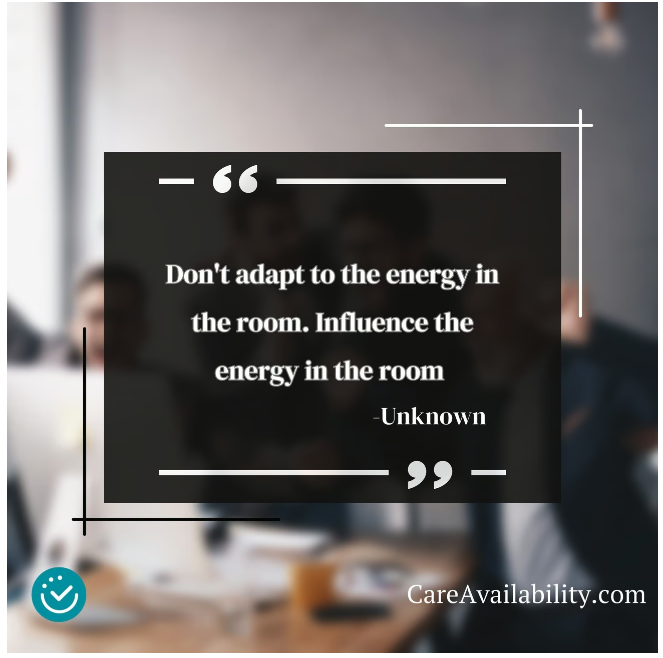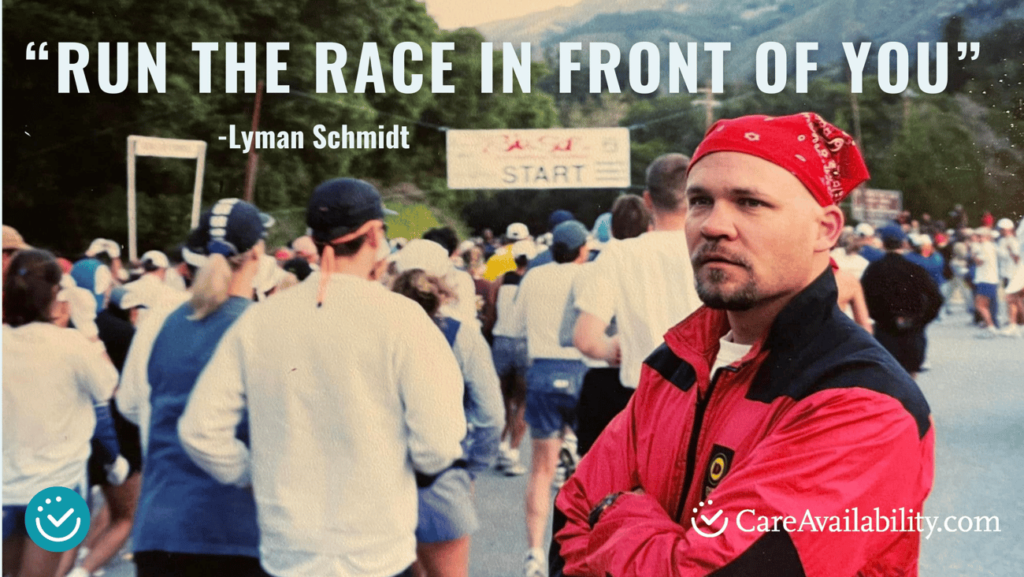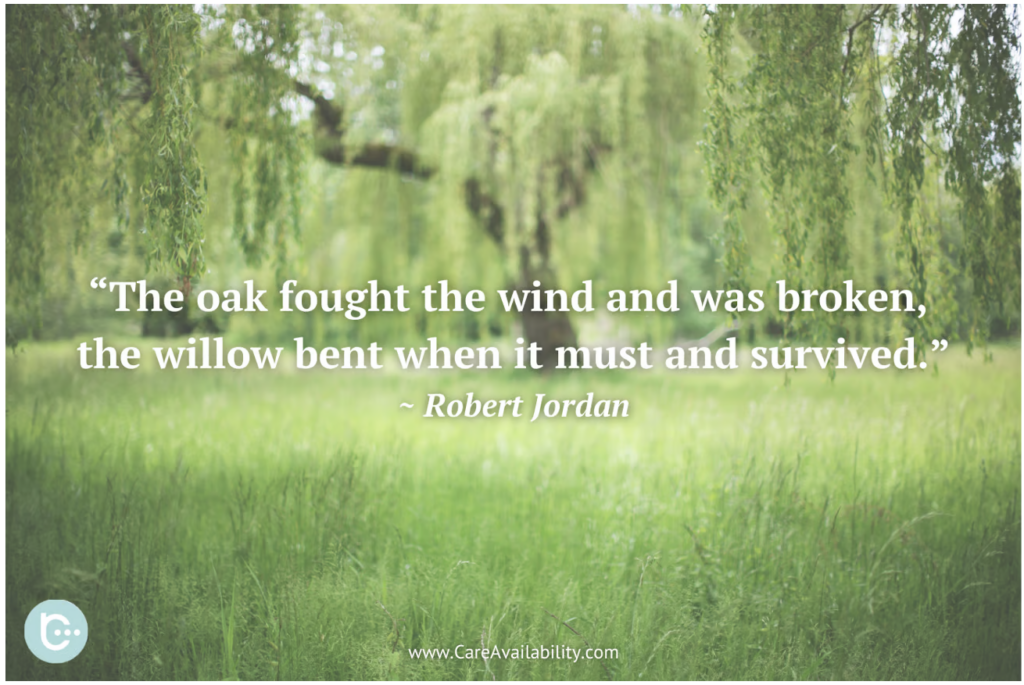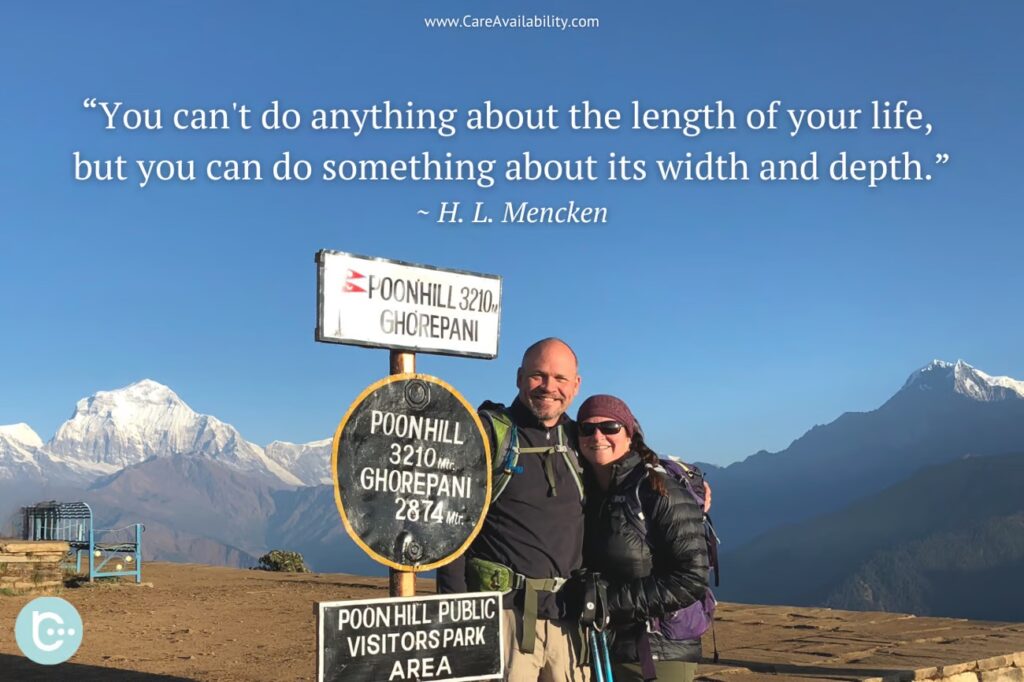Depression is a common mental health condition that affects people of all ages. However, older adults are at a higher risk of developing depression due to factors such as social isolation, physical illness, and life changes like retirement or loss of loved ones. Therefore, it is crucial to screen older adults for depression and suicidal ideation to provide early intervention and support.
Screening Tools for Depression in Older Adults
There are several screening tools available to assess depression in older adults. Some of the commonly used tools include:
1. Geriatric Depression Scale (GDS): The GDS is a 30-item questionnaire that assesses depressive symptoms in older adults. It is a self-administered tool that includes questions about mood, energy, sleep, and appetite.
2. Patient Health Questionnaire-9 (PHQ-9): The PHQ-9 is a nine-item questionnaire that evaluates depressive symptoms in older adults. It includes questions about feelings of sadness, loss of interest in activities, changes in appetite and sleep, and suicidal ideation.
3. Center for Epidemiologic Studies
Depression Scale (CES-D): The CES-D is a 20-item questionnaire that assesses depressive symptoms in older adults. It includes questions about mood, sleep, appetite, and social engagement.
These screening tools can help healthcare providers identify older adults who may be experiencing depression and provide appropriate interventions such as counseling or medication.
Screening Tools for Suicidal Ideation in Older Adults
Suicide is a significant concern for older adults who experience depression. Therefore, it is essential to screen older adults for suicidal ideation. Some of the commonly used tools include:
1. Columbia-Suicide Severity Rating
Scale (C-SSRS): The C-SSRS is a six-item questionnaire that assesses suicidal ideation in older adults. It includes questions about the frequency, intensity, and duration of suicidal thoughts, as well as any plans or attempts.
2. Geriatric Suicide Ideation Scale (GSIS): The GSIS is a 31-item questionnaire that assesses suicidal ideation in older adults. It includes questions about suicidal thoughts, behaviors, and risk factors.
3. Beck Scale for Suicide Ideation (BSS): The BSS is a 19-item questionnaire that assesses suicidal ideation in older adults. It includes questions about the intensity, frequency, and duration of suicidal thoughts.
In conclusion, depression and suicidal ideation are significant concerns for Older adults, and screening tools can help healthcare providers identify those who may be at risk. These tools can be administered easily and quickly and can help healthcare providers provide appropriate interventions to prevent adverse outcomes. Therefore, it is crucial to incorporate these screening tools into routine healthcare assessments for older adults to improve their mental health and overall well-being.
Article Provided by:
adapt Integrated Health Care
541-440-3532
www.adaptOregon.org






